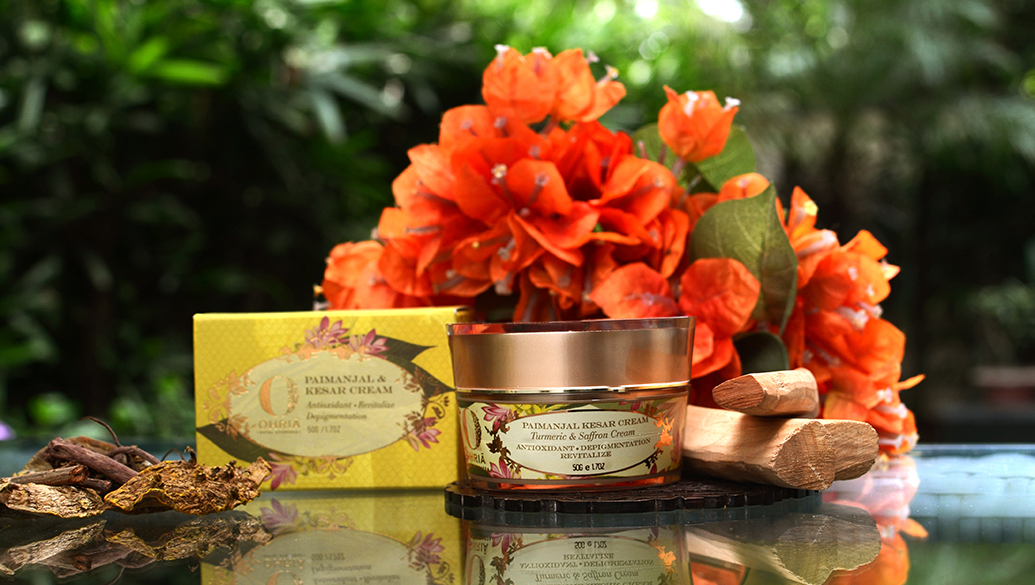Five Most Effective ways to induce Sleep

Are you struggling to fall into a calm, nourishing sleep? You're not alone. Poor sleep quality is a common issue in today's fast-paced world, where stress, technology, and busy schedules make restful sleep increasingly elusive. Disrupted sleep goes far beyond leaving you groggy the next day; it can have serious long-term effects on both your physical and mental health. Insufficient sleep impairs memory, focus, and mood, making it harder to manage stress and emotions. Over time, poor sleep increases the risk of conditions like depression, obesity, type 2 diabetes, heart disease, and high blood pressure.
The impact of inadequate sleep doesn’t stop with your mood or productivity—it can affect nearly every system in your body. Chronic sleep deprivation weakens the immune system, slows down the body’s ability to repair itself, and accelerates aging. As a result, getting enough quality sleep isn’t just important for feeling rested; it’s essential for maintaining overall health and well-being. There are steps you can take to improve your sleep habits and protect your long-term health.
Here’s 5 natural and easy ways to induce sleep:

Aromatherapy for Improved Sleep
Essential oils such as lavender, chamomile, and sandalwood have been shown to have relaxing and sleep-inducing properties. These scents can help reduce tension, anxiety, and provide a relaxing environment suitable to sleep.
How To Use It:
Essential Oil Diffuser: The most convenient method to experience aromatherapy is with an essential oil diffuser. Simply add a few drops of your preferred oil (lavender, ciderwood frankincense, chamomile, or sandalwood are all excellent for sleep) and let the diffuser to emit the relaxing aroma into the air. This provides a quiet environment in your bedroom, encouraging relaxation and sleep.
Direct Application: If you want a more targeted effect, apply diluted essential oils straight to your skin. Dilute the essential oil with a carrier oil (such as coconut or almond oil) before applying it to pulse points like your wrists, temples, or behind your ears. This strategy allows you to enjoy the oils' relaxing benefits throughout the night.
Pillow or Bed Linen: Another easy approach to incorporate aromatherapy into your bedtime ritual is to lightly spritz your pillow or sheets with a sleep-promoting essential oil combination. To make a relaxing sleep mist, dilute a few drops of lavender or chamomile in water and apply using a spray bottle.

Dinner 3 Hours before Bedtime
Also known as time-restricted eating, is the practice of restricting food consumption during specific hours of the day, often by fasting overnight for a longer duration (e.g., 12-16 hours) and eating during a shorter window (e.g., 8-12 hours). Many people feel that fasting at night improves their sleep quality, however the results vary depending on the individual and the method used. Here's how night fasting can help you sleep better:
Fasting at night can help lower cortisol levels, the stress hormone that tends to rise in the evening, especially after a stressful day or late-night eating. Elevated cortisol can disrupt relaxation and sleep, but by fasting, you signal to your body that it's time to wind down, potentially reducing cortisol and promoting better sleep. Additionally, fasting has been shown to stimulate melatonin production, the hormone responsible for regulating sleep-wake cycles. Intermittent fasting or limiting evening food intake can enhance melatonin levels, leading to deeper, more restful sleep, and improving overall sleep quality.
Also, Longer fasting intervals, especially when done consistently, may help strengthen your sleep cycle. Night fasting may lead to longer stretches of deep sleep while reducing the discomfort during the night.

Head massage for relaxation
The Ohria’s Kansa Massage Wand is a gentle yet powerful tool for stimulating marma points on the scalp, promoting relaxation and better sleep. Focusing on key areas, especially near the third eye (Ajna chakra), helps support melatonin production, which regulates sleep cycles. Many find and confirms that massaging this area encourages deeper, more restorative sleep.
Massage Tips:
• Release tension above the eyebrows: Apply gentle pressure to ease stress and eye strain.
• Figure-eight motion on the forehead: Glide in a smooth "8" shape to relax the frontal area.
• Around the eyes: Massage to relax the Ajna chakra and promote mental clarity.
•Third eye focus: Massage to balance energy and aid sleep.
• Zig-zag motion over the eyebrows: Release deep-seated tension.
• Temples: Finish by massaging the temples to drain stress, leaving you calm and relaxed.
This head massage can be done on dry hair and is perfect for quieting the mind, calming muscles, increasing blood flow, and removing blockages, all of which contribute to a peaceful night's sleep. Here's a video of our founder using the Kansa Wand, demonstrating how to incorporate this soothing ritual into your routine.

Mantra Repetition/ Mindful Meditation
Mantra repetition and mindful meditation are powerful practices that can help calm the mind and prepare you for restful sleep. By repeating a mantra or positive affirmation, you create a sense of peace and focus, making it easier to let go of stress and mental chatter. The mantra can be in any language—Sanskrit, English, or another language that resonates with you. Choose a phrase that feels uplifting and calming, ideally in the present tense, and is easy to repeat.
To practice, silently or aloud repeat your chosen mantra, fully focusing on the words. If your mind begins to wander, gently guide it back to the mantra. You can enhance the experience by playing calming music or chanting in the background. Feel free to experiment with different mantras throughout the day. Additionally, try incorporating digital fasting by disconnecting from screens for at least 5 minutes before sleep. This helps reduce overstimulation, allowing your mind to be more receptive to the calming effects of the mantra and meditation. Focus on something calming—whether it's your breath, a soothing sound, or a positive word—and gently bring your attention back to that focus if your mind strays. This combination of mantra repetition and digital fasting creates a peaceful, grounded state, promoting deeper, more restful sleep.

Foot Massage for Inducing Sleep
Start your bedtime routine by taking a hot shower or simply washing your feet to cleanse and relax your body. Follow this with a soothing foot massage using the Kansa Foot Massage Wand and Amrit Ras Foot Balm for ultimate relaxation and better sleep. The Kansa Wand, crafted from a unique copper-tin alloy known as the Healing Metal in Ayurveda, gently stimulates marma points on your feet, improving circulation, promoting lymphatic drainage, and easing muscle fatigue. It also helps reduce anxiety, alleviate stress, and balance Pitta, leaving you calm and centered.
Paired with the Amrit Ras Foot Balm, this duo provides a luxurious treatment that softens dry, cracked skin, removes toxins, and draws out body heat. Enriched with cold-pressed oils like sesame, almond, and cow’s ghee, along with antiseptic essential oils like Frankincense and Cedarwood, the balm deeply nourishes and promotes relaxation. Together, the Kansa Wand and Amrit Ras Foot Balm work in harmony to enhance circulation, ease tension, and prepare your body for a deep, restful sleep, nurturing both your body and mind.
Here's a video of our founder using the Foot Kansa Wand, demonstrating how to incorporate this soothing ritual into your evening routine.
Frequently Asked Questions
Q. Why Can't I Sleep at Night?
There are many reasons why you might struggle to sleep, and one common cause is worrying about not being able to sleep. If you've tried typical sleep techniques and nothing seems to work, it might be a good idea to talk to a doctor to figure out what’s going on.
Q. How Can I Trick My Brain into Falling Asleep?
One helpful trick is called paradoxical intention. This is when you try to stay awake on purpose—by using reverse psychology on yourself. When your brain thinks you’re trying hard to stay awake, it often ends up falling asleep on its own!
Q. What’s the Best Sleeping Position?
The best sleeping position depends on your body and any health issues you may have. In general, sleeping on your back or left side is considered healthy, while sleeping on your stomach is not recommended.
Q. How Can I Sleep All Night?
To sleep through the night without waking up, you can use a white noise machine to block out sounds and dark curtains to keep the room pitch black. Good sleep habits are key too—things like going to bed and waking up at the same time every day.
Q. How Do I Sleep Comfortably?
Comfortable sleep depends on things like finding the right sleeping position, setting up a good sleep environment, and following sleep hygiene practices. Make sure your room is at a comfortable temperature, your mattress is supportive, and the room is quiet and dark.
Read Also:- How to Build Immunity from Ayurveda?








Leave a comment